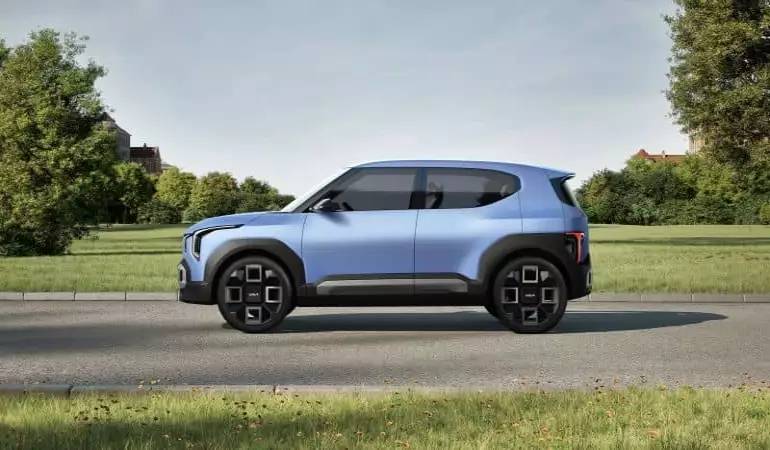What about lithium? Sodium-ion batteries could revolutionize the electric car industry
Sodium-ion batteries could be a cost-effective alternative to lithium-ion batteries, but their energy density was still too low. Until now, researchers at Princeton University (USA) have made a breakthrough by discovering a high-energy sodium-ion cathode that could outperform lithium-ion cathodes in electric vehicles .
February 26, 2025 11:06
A cheaper and more sustainable alternative
Researchers at Princeton University have announced a major breakthrough in sodium-ion batteries.
With financial support from Volkswagen's Italian sports car brand Lamborghini, a team of researchers led by Professor Mircea Dincă was able to develop an alternative to lithium.
This alternative relies on the use of organic, high-energy cathode materials for sodium-ion batteries, increasing the likelihood that this technology will be commercialized with safer, cheaper, and more sustainable components.
As you know, sodium, unlike lithium, is not considered a critical raw material - it is easily available, cheap, and very safe.
Furthermore, the sodium supply chain is not dominated by Asian companies.
As you know, sodium, unlike lithium, is not considered a critical raw material - it is easily available, cheap, and very safe.
Furthermore, the sodium supply chain is not dominated by Asian companies.
Discovery could also improve charging performance
Scientists have introduced a new organic cathode compound called bis-tetraaminobenzoquinone (TAQ).
They say it outperforms traditional lithium-ion cathodes in both energy and power density.
Last year, they developed a lithium-ion battery with TAQ and are now adapting it for sodium-ion batteries.
In the current study, to achieve higher efficiency, they used carbon nanotubes, which help connect the TAQ crystals and improve electron transport, allowing for nearly 100 percent utilization of the active material.
Among other things, their discovery should also improve charging performance.
“Everyone understands the challenges of limited resources when it comes to something as important as batteries, and lithium is certainly ‘limited’ in many ways. Meanwhile, sodium is everywhere. Our goal is to create batteries made from truly abundant resources, such as organic materials and seawater – this is one of our biggest research dreams,” said Mircea Dincă.
The material they created has the highest energy density per kilogram and competed with the best materials even in terms of bulk density.




